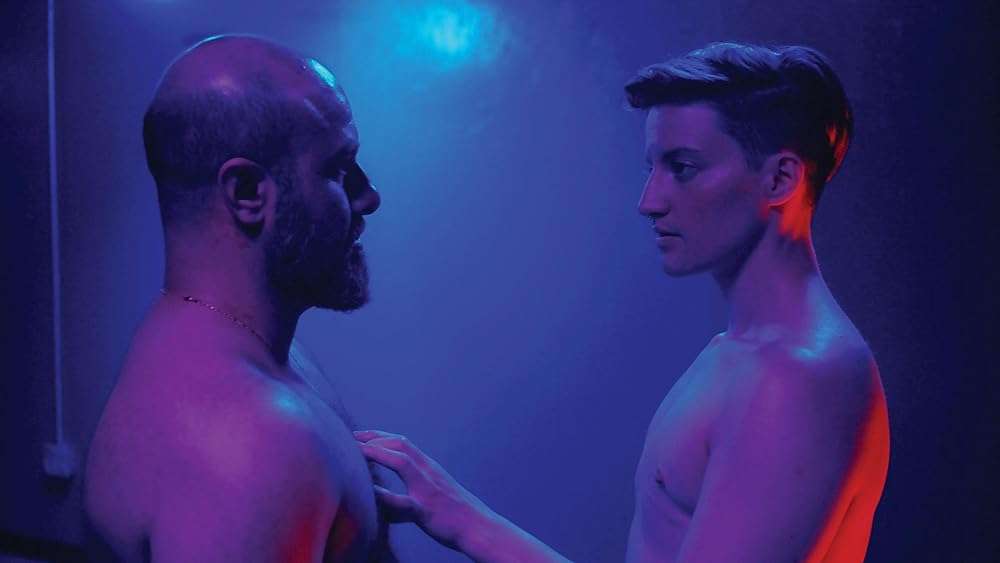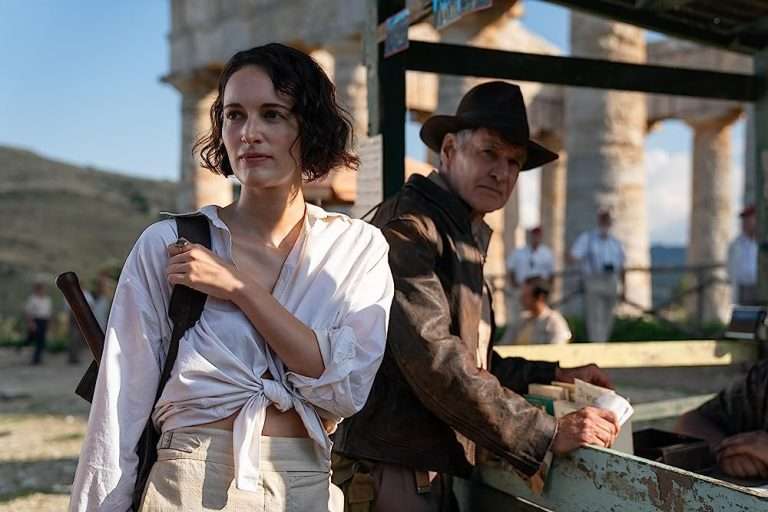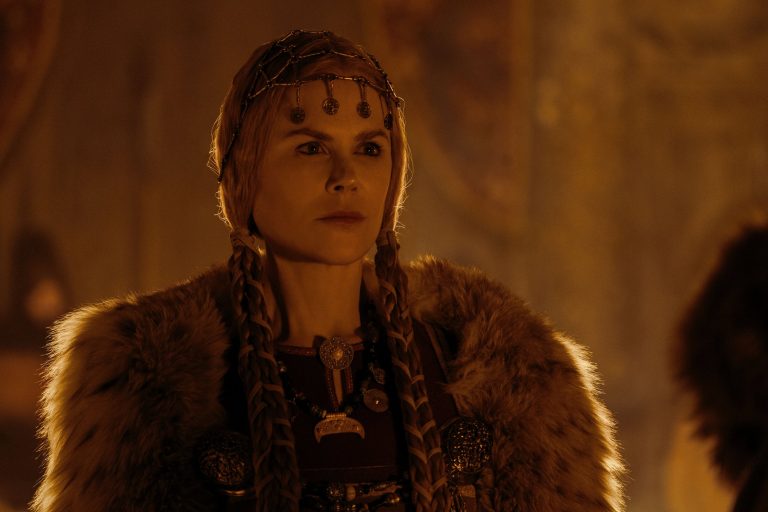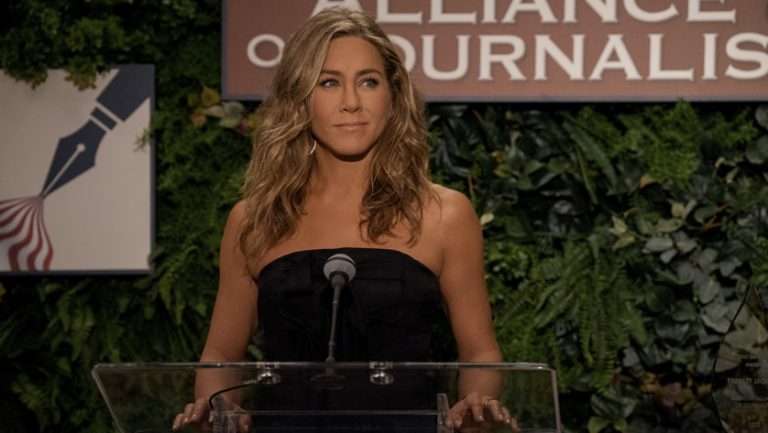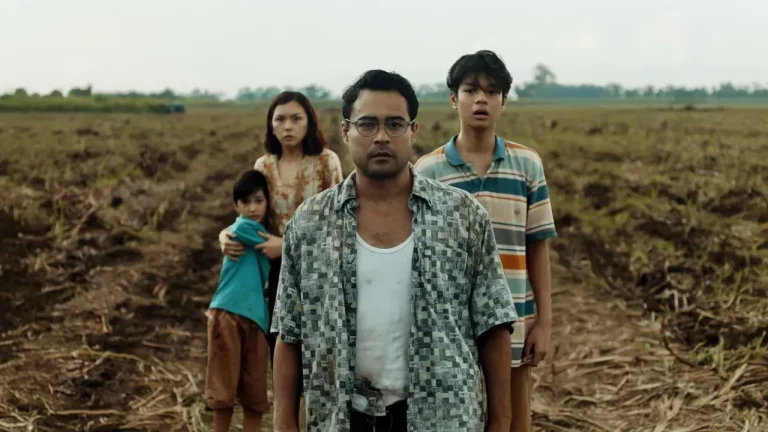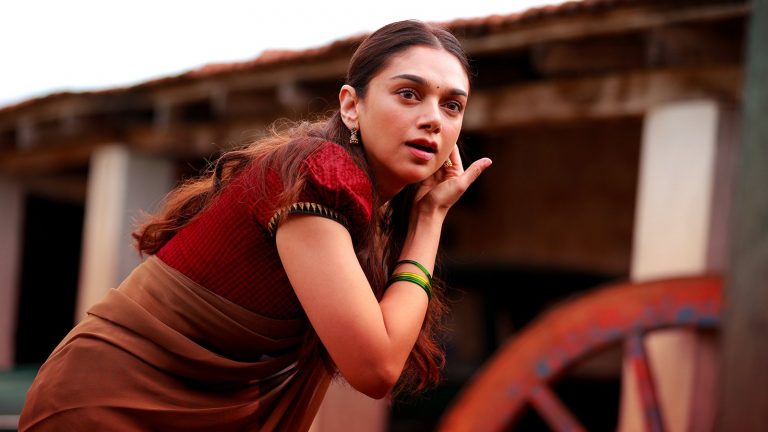Jules Rosskam’s hybrid docu-feature, “Desire Lines,” rages with boundary-pushing discursive tangents that hold up to view and question the limited frameworks within which trans men are perceived to mediate their identity and sexuality. Right off the bat, an unequivocal acknowledgment of being intrigued by possibilities keeps the door open for dialogue and debate in the film. Throughout, Rosskam reinforces a pushback against the impulse of both the historical and contemporary moment to categorize and confine.
Fantasy is free and fluid, not necessarily strapped to one’s gendered identity. The stream of oral histories of transmen that flows through the film continually reaffirms this. It seeks to destabilize misconceived notions pertaining to their desires and what they imagine as their place in the world. While someone so wittily states that they don’t want to be “concierge Google” for the ignorant, the bracing honesty with which they let us into their insecurities, loneliness, and silenced sides of their sexual hunger produces an effect of cracking a wide-open world of discovery.
There is a direct admission of this world being clandestine, and they are guiding us into its depths with wit, teasing, and a sigh of anguish. Rosskam doesn’t ease us into the whirl of confusions and uncertainties he wishes us to engage with; instead, he hurls us into its very occasionally discomfiting center. The reckonings we encounter and are made to confront in the course of the film are difficult and messy, recognizing that sexuality and identity cannot be straitjacketed into binaries. If they are, it will only lead to marginalization on countless levels of those who cannot relate within its boundaries.
This becomes the loaded aim of the film- to rip into the narrow frameworks of reading sexuality and consistently push for broadening and widening it with the arsenal of imagination. To achieve this, Lou Sullivan, a transmasculine activist from the 1980s who died of AIDs but became a beacon to generations of trans men and whom one interviewee regards their ‘trans-cestor’, is quickly established as the central figure, whose words open the film and embolden throughout.
Rosskam begins with a fictional track on the middle-aged Iranian American transman, Ahmad Arastood (Aden Hakimi), who forays into an LGBTQ+ archive. The archive is barely staffed and a young transmasculine activist, Kieran (Theo Germaine) seems to be the only one hugely invested and attached to the histories enclosed within its spaces. Initially, Ahmad feigns not being very affected by the images, zines and other pamphlets he comes across. His repression registers slowly as he acts like he doesn’t want to be caught reading, properly engaging with them beyond a passing glance. Kieran senses it and gently nudges him into a part of his self that Ahmad thought he could clamp down. As it turns out, he chances across a snippet of archival footage-Sullivan’s taped conversations with his doctor.
Sullivan gathered around him and fostered a mushrooming community of trans men who looked to him for inspiration, counsel, and support. An exchange of correspondences between Sullivan and a friend occasionally intersperses the film. Then, there are the interviews with transmasculine subjects Ahmad accesses, each conversation edging him closer in an inadvertent search for self-actualization. There’s giddiness with which some talk about first sexual encounters with men. But slowly, the thrill in their voices about having intercourse with men is replaced by the immense transphobia projected by everyone. Cis gay men especially come under the scanner with their blatant disregard for the bodies of their sexual partners. So does the seemingly inescapable ‘chicken or egg’ question regarding which came first- gender preference or sexual fantasy.
Even as the director wades through an enormity of intense, provocative, and urgent ideological questions and practical experiences, invoking everything from racialized sexuality to power discourse underlying sexual encounters, there are also interwoven dreamlike fragments where Ahmad finds himself transported to histories he reads about. Bathhouses play a decisive role; there’s a remarkable insight into their architecture when Ahmad and Kieran discuss it, detailing how the building in its narrow passages forcing close encounters does the foreplay. And oh, there is also the inevitable question of fetishizing.
This is a lot to take on; I did feel several tangents that Rosskam is eager to bring forth and highlight get lost because it is so crowded. Ultimately, few things are certain to get short shrift, and also, the detours into the archive’s corridors transitioning into the bathhouses’ passageways come off as a tad too on-the-nose. “Desire Lines” doesn’t have the requisite imagination to effectively traverse and cut through the many discursive throughlines, yet there’s an incendiary undercurrent to the whole enterprise. The conversations the film broaches are usually hushed up. To watch them unfold with dynamism and, most importantly, being spearheaded by the trans men themselves gave me a headrush, and the emancipatory potential glimpsed by the ending an enormous hope.

